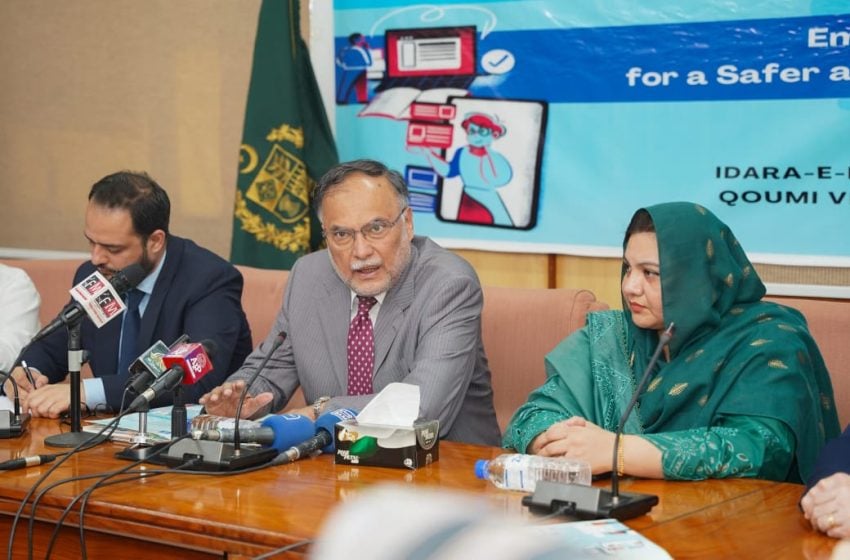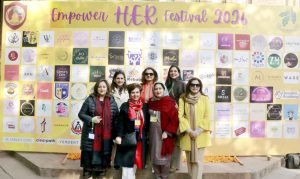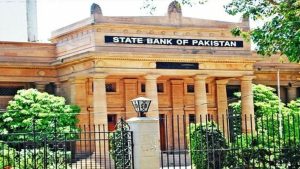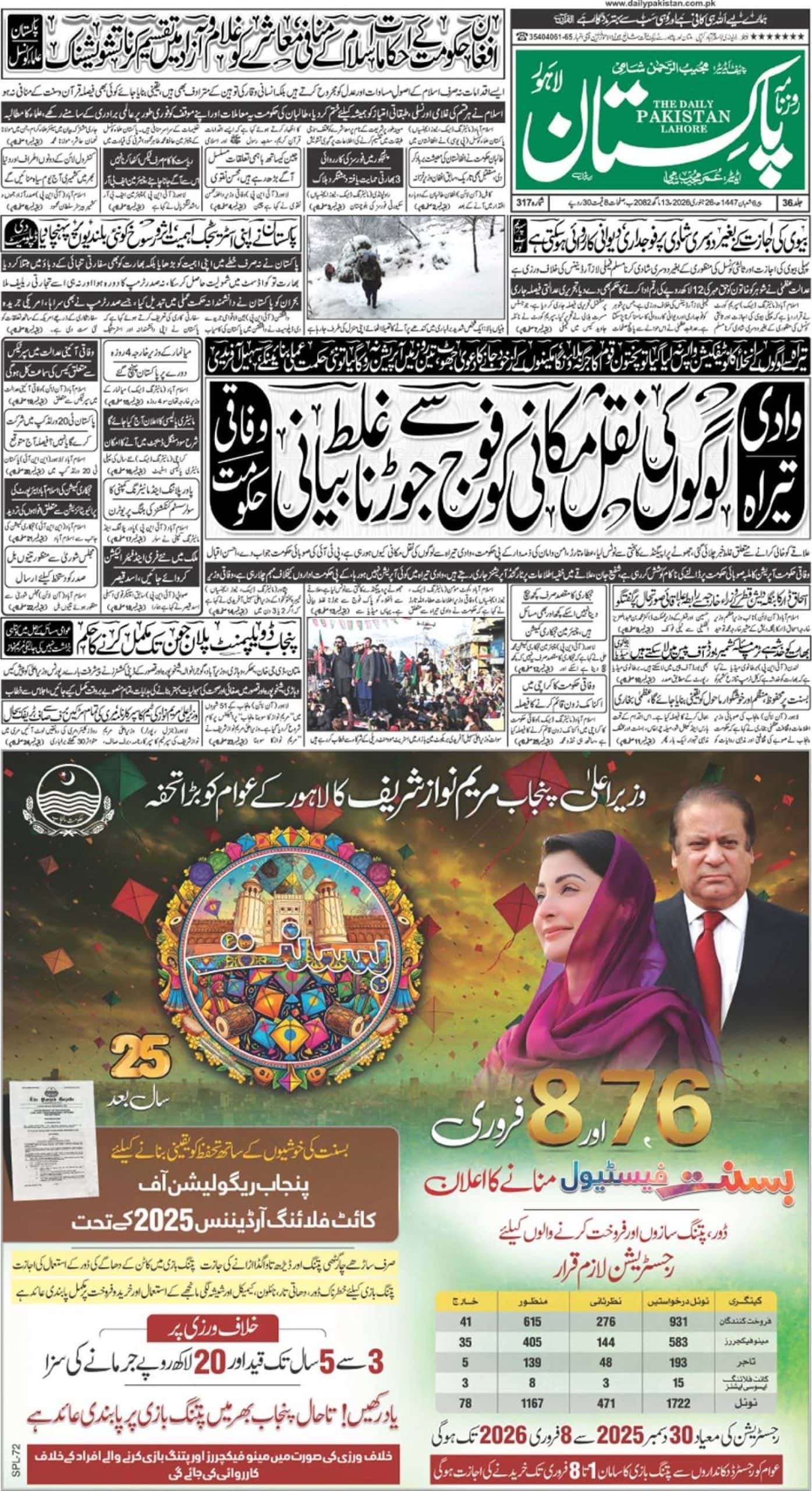ISLAMABAD – A high-level national dialogue aimed at developing Pakistan’s Media and Information Literacy (MIL) Framework was held in Islamabad, bringing together key stakeholders from government, academia, media, and civil society.
The event, organized by UNESCO in collaboration with Media Foundation 360, SZABIST University Islamabad, and the Department of Digital Media, University of the Punjab, marks key step toward combating misinformation and promoting digital literacy across the country.
Federal Minister for Planning, Development, and Special Initiatives, Prof. Ahsan Iqbal, delivered the keynote address, emphasizing the growing threat of misinformation and disinformation in the digital age. He called for a united national response and committed to presenting the proposed MIL framework to the government for necessary action and implementation.
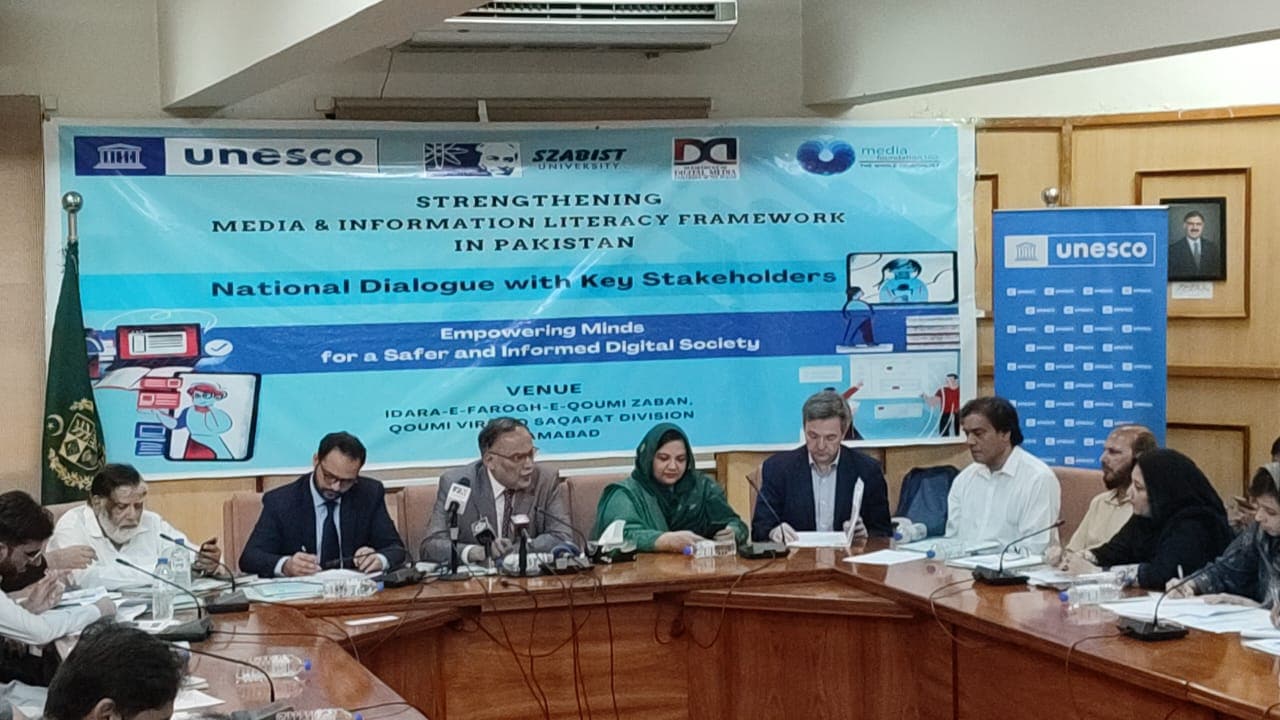
Opening the session, UNESCO National Programme Officer Hamza Sawati welcomed participants and highlighted the urgent need for a national policy to promote critical thinking, media literacy, and responsible digital engagement. He reaffirmed UNESCO’s long-term commitment to supporting media and information literacy in Pakistan.
The research lead for the project, Dr. Savera Mujib Shami, Chairperson of the Department of Digital Media at Punjab University, presented key findings and recommendations based on extensive provincial and district-level consultations. These insights are expected to shape a robust, inclusive MIL policy.
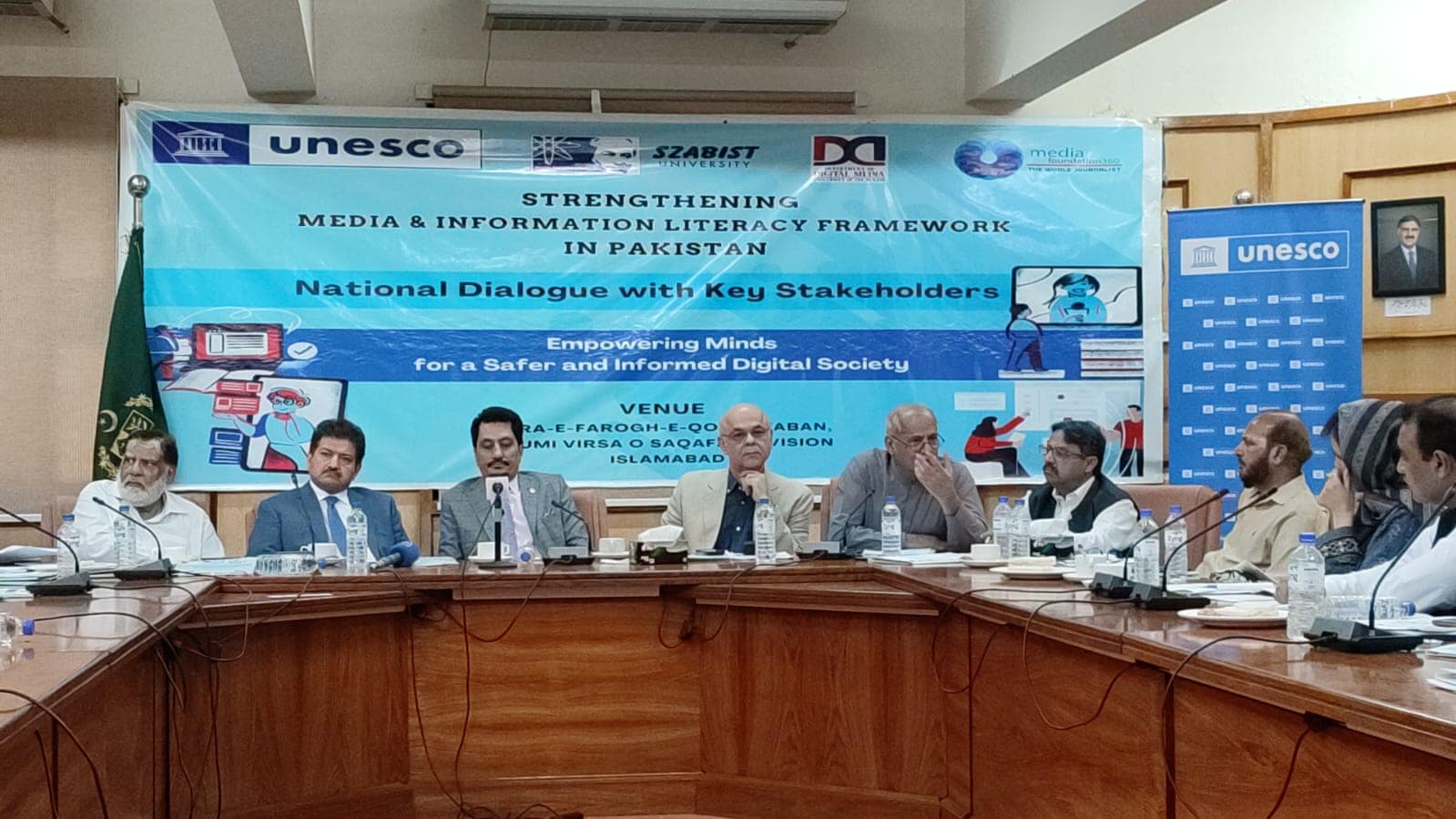
Mr. Khusro Pervaiz Khan, Head of SZABIST University Islamabad Campus, reiterated the importance of academic institutions in equipping students with the skills to navigate the digital information landscape responsibly. He emphasized SZABIST’s commitment to fostering critical thinking and media literacy among youth.
Mr. Daniel Arsenault, Political Counsellor at the Canadian High Commission, also addressed the gathering and applauded the collaborative efforts to develop a comprehensive MIL policy framework in Pakistan.
The dialogue featured thought-provoking reflections from senior journalists and media experts, including Ms. Asma Shirazi, Mr. Mohammad Malick, Mr. Amir Ilyas Rana, Mr. Hamid Mir, Mr. Nawaz Raza, Mr. Faisal Zahid Malik, Mr. Zafar Ullah, and Mr. Afzal Butt, President of the Pakistan Federal Union of Journalists (PFUJ). They described the initiative as timely and crucial, stressing the media’s responsibility in promoting informed citizenship and countering the spread of disinformation. Speakers also highlighted the need for reforms in education and societal awareness to enhance media literacy nationwide.
Participants praised the inclusive nature of the event and expressed optimism that the recommendations gathered would inform a strong, actionable national MIL policy. The dialogue concluded with a shared commitment to strengthening democratic values, promoting digital responsibility, and building societal resilience in the face of evolving information challenges.

